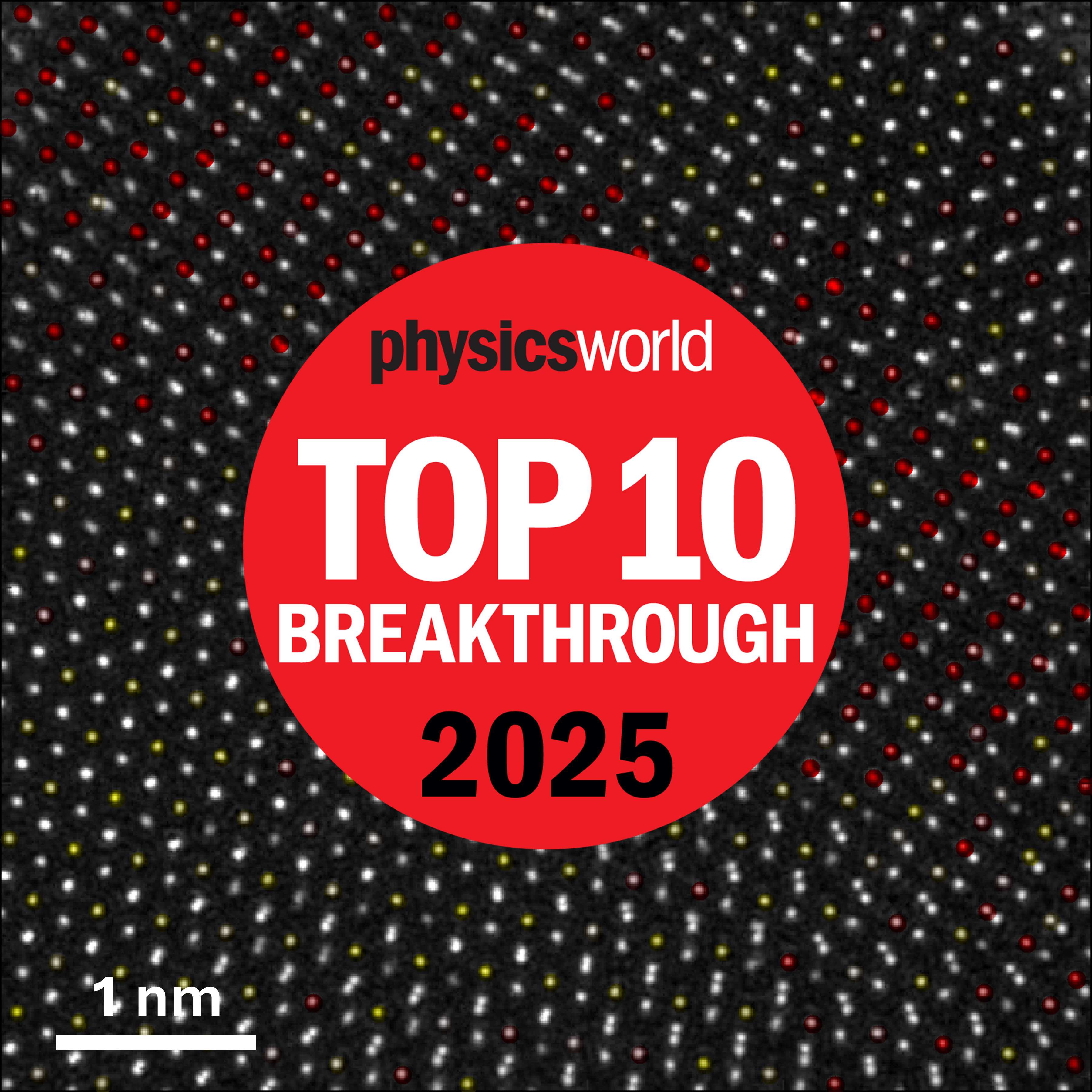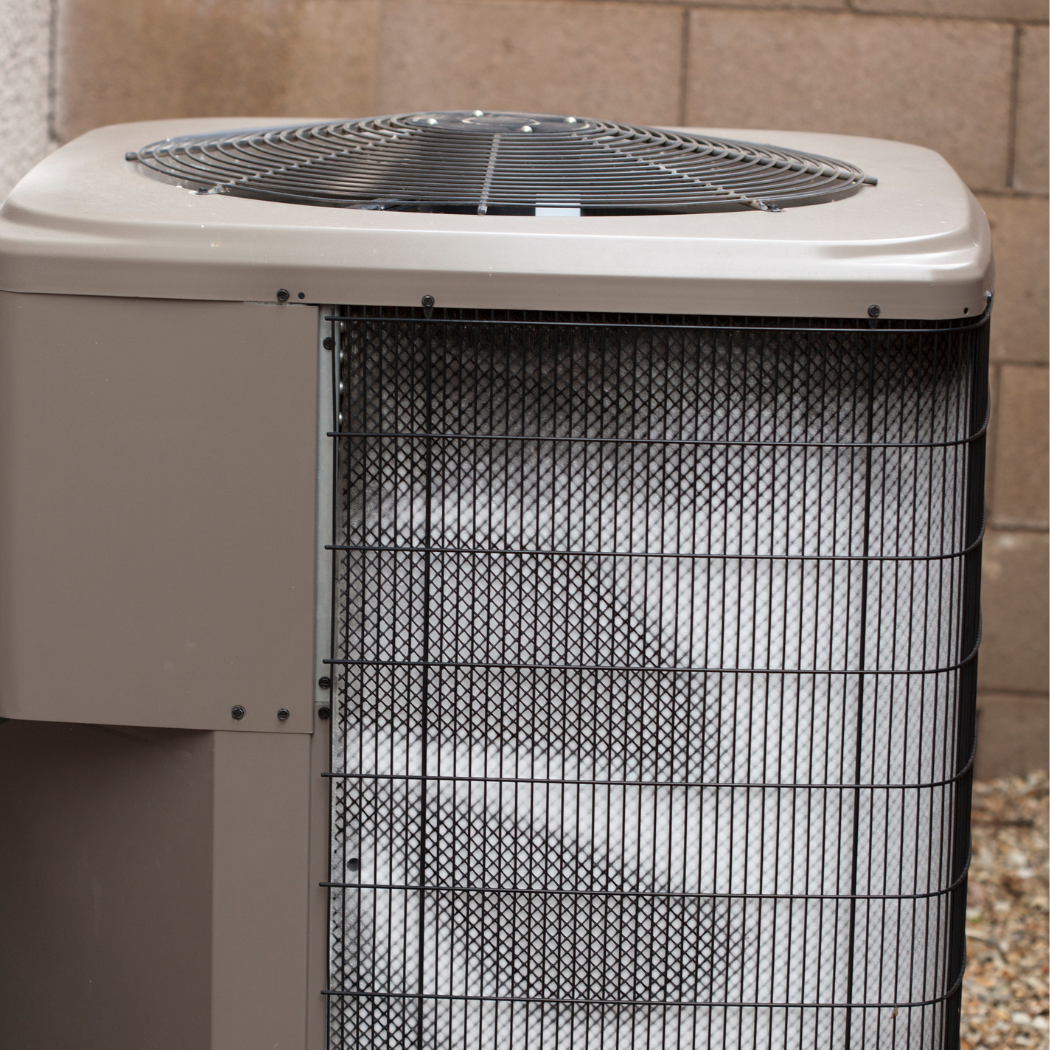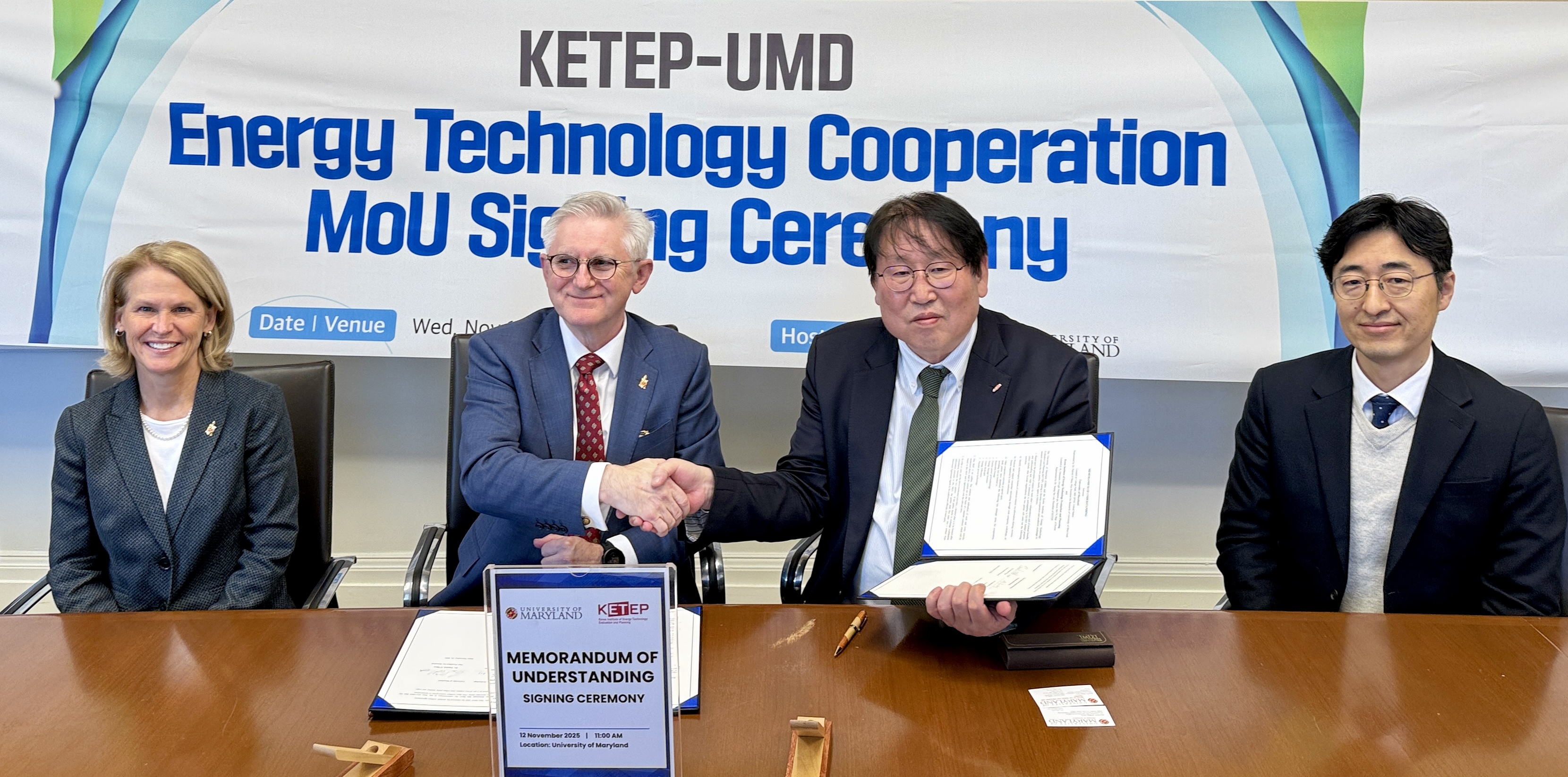News Story
UMD Ph.D candidates win awards for next generation batteries and electrochemical compressor
Chemical Engineering Ph.D candidate Tao Gao has been awarded the Graduate Dean's Dissertation Fellowship for ongoing research for his thesis, entitled Beyond Lithium ion Battery: High Energy Rechargeable Battery Chemistry based on Metal Anodes, which he plans to defend in the spring of 2017. The fellowship includes a stipend of $25,000, a health insurance credit, graduate school candidacy tuition award and a credit for mandatory fees. He is one of 10 recipients of this fellowship for the 2016-17 academic year at the University of Maryland, College Park.
Gao was part of team whose paper A Rechargeable Al/S Battery with an Ionic-Liquid Electrolyte was published in July by Angewandte Chemie International Edition. The focus of his research is to create a low-cost, high-energy battery using metal anodes, such as aluminum and magnesium. His pending objectives are now two-fold: increase the energy efficiency of the aluminum/sulfur battery as well as further explore how to improve the performance of the magnesium/sulfur battery.
For the Dean's Dissertation Fellowship, "I was selected because the current project I am working on – Non-Aqueous Rechargeable Aluminum/Sulfur Battery– can potentially triple the energy density of current battery technology while dramatically lowering the price due to the low cost and high abundance of both aluminum and sulfur," Gao said. He plans to build a prototype Al/S battery. In recommending Gao, his advisor, Professor Chunsheng Wang of ChBe, noted the student initiated the metal anodes research that demonstrated the feasibility of building a rechargeable Mg battery using high voltage intercalation cathode and high capacity conversion cathode, "which was a really giant leap for the development of a rechargeable Mg battery."
Fudong Han, a Ph.D student, received the Harry K. Wells Energy Research Fellowship as well as an All S.T.A.R Fellowship, in connection with his solid-state lithium battery research. The Wells fellowship includes a $20,000 stipend plus $4,000 for research materials and/or conference travel. He is one of two recipients of the Wells award for the year. The All S.T.A.R. Fellowship provides a $10,000 stipend to only 16 UMD students at the University of Maryland, College Park . He has been chosen to represent the A. James Clark School of Engineering
Han, who is entering his fifth year of graduate work, has already performed research on solid-state lithium-ion batteries using a single material, Li10GeP2S12 (LGPS), as both cathode and anode.
"The most challenging problem for solid state batteries is not about the materials; it is about the interface," Han said. The awards he received will support his research in engineering an interface using Li metal as the anode, LiNi0.5Mn1.5O4 (LNMO) as the cathode, and LGPS as the solid electrolyte. The goal is to reduce the interfacial resistance with the aim of bringing solid-state lithium battery performance on par with currently commercially available liquid-electrolyte batteries.
"The Wells fellowship will be used to support my research to make the first 5 volt all-solid-state battery," Han said.
Ph.D student Ye Tao recently received a $1,000 award for taking first place among 123 entries in a student paper competition at the 23rd annual International Compressor Engineering Conference at Purdue University. Tao looks to build a prototype for his concept, an electrochemical compressor for air conditioning designed to replace traditional mechanical compressors.
Tao is being advised by both Wang and Professor Reinhard Radermacher of the Department of Mechanical Engineering. The award for Tao's paper was given by conference chair and Purdue University Professor Travis Horton, an associate professor of civil engineering.
Tao's compressor design increases the pressure of the refrigerant while using less electricity. The electrochemical compression process is 20-30% more efficient than mechanical compression, he said. In addition, the refrigerant is ammonia rather than the commonly used refrigerants that pose risks of greenhouse gas emissions.
"This is a brand new idea and no one has ever done that before," Tao said, adding what it novel about it is the solid state process and the lack of mechanical components, such as pistons, cylinders, lubrication oil and noise. "It uses the electrochemical process to increase the pressure. I've always wanted to work on fuel cells and this electrochemical compressor that I'm building is the reverse of a fuel cell," he noted. A fuel cell generates electricity while this concept uses electricity to compress gas.
Tao plans to work on the prototype for about a year-and-a-half. His goal is to build a 200-watt prototype and test it in the vapor compression system to see how good the performance is, he said.
Published August 9, 2016








